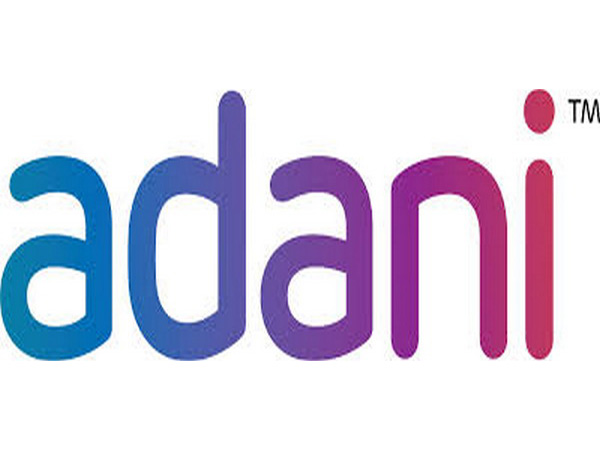Washington DC [US], June 29 (ANI): Simon Fraser University Researchers are using an advanced brain imaging method called MEG to understand why Parkinson’s drug levodopa doesn’t work equally well for everyone.
By mapping patients’ brain signals before and after taking the drug, they discovered that it sometimes activates the wrong brain regions, dampening its helpful effects.
This breakthrough could pave the way for personalised treatment strategies, ensuring patients receive medications that target the right areas of their brain more effectively.
The new study by the Simon Fraser University (SFU) researchers, published in the journal Movement Disorders, looks at why levodopa – the main drug used in dopamine replacement therapy – is sometimes less effective in patients.
The drug is typically prescribed to help reduce the movement symptoms associated with the neurodegenerative disorder.
While it is effective in improving symptoms for the vast majority of patients, not everyone experiences the same level of benefit.
In order to find out why this is the case, an SFU collaboration with researchers in Sweden has used magnetoencephalography (MEG) technology to determine how the drug affects signals in the brain.
“Parkinson’s is the second most prevalent neurodegenerative disease worldwide and it is the most rapidly increasing, in terms of incidence,” says Alex Wiesman, assistant professor in biomedical physiology and kinesiology at SFU.
“Treating this disease, both in terms of helping people with their symptoms, but also trying to find ways to reverse the effects, is becoming more and more important. If clinicians can see how levodopa activates certain parts of the brain in a patient, it can help to inform a more personalised approach to treatment,” added Wiesman.
The study was a collaboration with researchers at Karolinska Institute in Sweden, who used MEG to collect data from 17 patients with Parkinson’s disease – a relatively small sample size.
Researchers mapped participants’ brain signals before and after taking the drug, in order to see how and where the drug impacted brain activity.
MEG is an advanced non-invasive technology that measures the magnetic fields produced by the brain’s electrical signals.
It can help clinicians and researchers to study brain disorders and diseases, including brain injuries, tumours, epilepsy, autism, mental illness and more.
Using this rare brain imaging technology, Wiesman and team developed a new analysis that lets them “search” the brain for off-target drug effects.
“With this new way of analysing brain imaging data, we can track in real time whether or not the drug is affecting the right brain regions and helping patients to manage their symptoms,” says Wiesman.
“What we found was that there are sometimes ‘off-target’ effects of the drug. In other words, we could see the drug activating brain regions we don’t want to be activating, and that’s getting in the way of the helpful effects. We found that those people who showed ‘off target’ effects are still being helped by the drug, but not to the same extent as others,” said Wiesman.
Parkinson’s disease is a neurodegenerative disorder, meaning parts of the brain become progressively damaged over time.
It affects predominately the dopamine-producing neurons in a specific area of the brain called the substantia nigra.
People with Parkinson’s disease may experience a range of movement-related symptoms, such as tremors, slow movement, stiffness and balance problems.
Wiesman hopes that a better understanding of how levodopa affects an individual’s brain signals could improve how drugs are prescribed to treat Parkinson’s.
This new type of brain imaging analysis is not only for studying Parkinson’s disease; any medications that affect brain signaling can be studied using the method developed by Wiesman and colleagues. (ANI)
Disclaimer: This story is auto-generated from a syndicated feed of ANI; only the image & headline may have been reworked by News Services Division of World News Network Inc Ltd and Palghar News and Pune News and World News
HINDI, MARATHI, GUJARATI, TAMIL, TELUGU, BENGALI, KANNADA, ORIYA, PUNJABI, URDU, MALAYALAM
For more details and packages



















